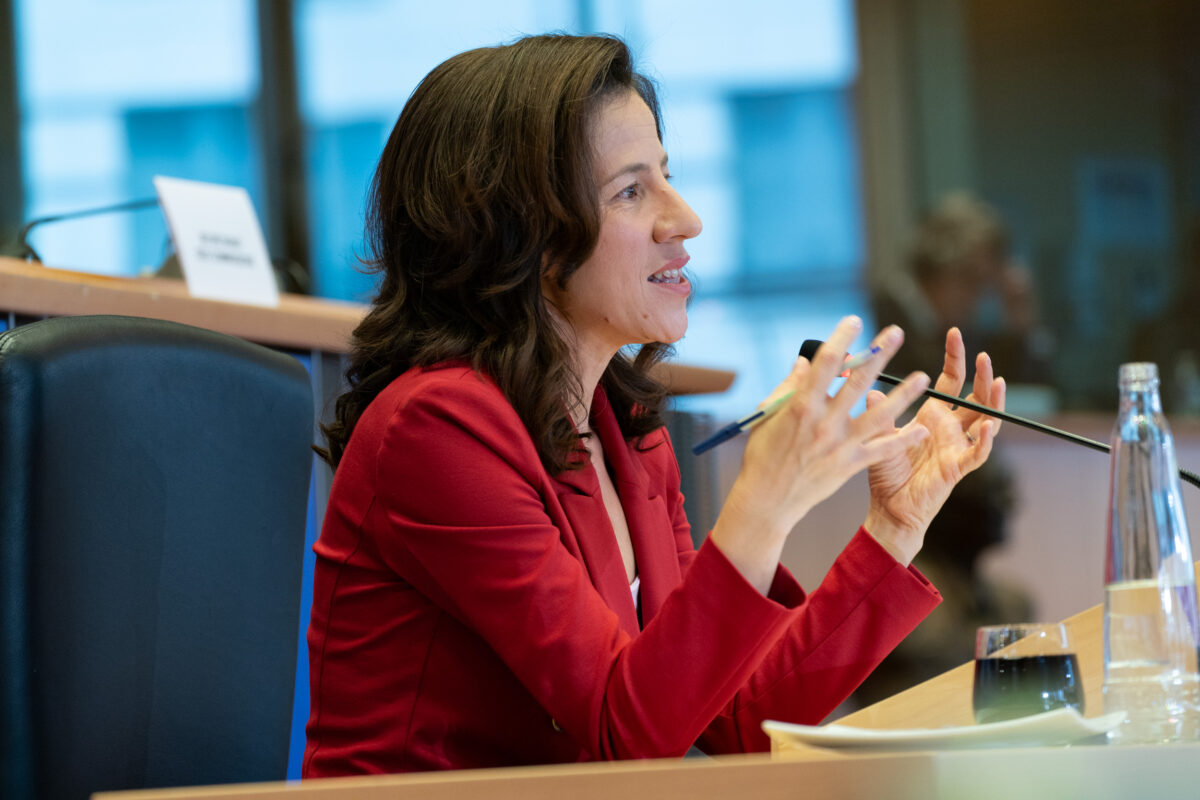The hearing of Roxana Mînzatu, Executive Vice-President-designate of the European Commission (People, Skills, and Preparedness) revealed some insights into her vision for the portfolio, particularly in relation to higher education. During her hearing she covered a wide range of topics, from jobs to socials issues. This hearing revealed the broadness of her portfolio. Below YERUN outlines some topics she discussed relating to higher education.
Key Points Raised and Observations
Definition of what “skills” are under her portfolio
Executive Vice-President-designate Mînzatu’s emphasis on “skills” rather than a broader perspective on “education” raised some concerns from the Committee on Culture and Education and within higher education (HE), which views education as essential not only to employability but also to social cohesion and cultural development. YERUN believes a broader framing of skills would better suit the crucial role of education in fostering critical thinking, democratic engagement, and social responsibility.
Funding Priorities within Erasmus+
Mînzatu recognised the value of Erasmus+ and we highly appreciate her commitment to increasing its funding. The suggestion of a more competitive funding allocation model within Erasmus+ between HE, vocational education and training (VET), and secondary education raises questions about the possible impact on universities. A strong, sustained funding commitment for higher education through the multiannual financial framework (MFF) is necessary, and YERUN encourages Mînzatu to engage with stakeholders, including YERUN, to advocate for stable investment in Erasmus+ and higher education overall. We further encourage active dialogue with member states and regions to support reliable funding across the EU.
European University Alliances and Brain Drain Mitigation
Mînzatu repeatedly highlighted European University Alliances as a tool for addressing brain drain, and YERUN would like to hear more specifics on this. We emphasise that universities have already developed collaborative pathways and facilitated bottom-up initiatives with the purpose of creating added value for every institution, focusing on brain drain. Universities should retain the autonomy to define their own collaborative pathways, as this allows for the preservation and sustainability of the unique and creative development process of the EUIs. Forcing alliances one way or the other risks undoing much of the progress achieved so far.
Recognition of Degrees and Skills
On the topic of a European Degree, Mînzatu acknowledged the complexities surrounding degree recognition, especially considering resistance among certain Member States. In addition, to using the development of the European degree, she expressed a willingness to work collaboratively with individual countries to address these issues. YERUN urges her to also work with stakeholder organisations at national level on this, and to begin as soon as possible, rather than later when significant work on the European degree has already been completed. If the European degree initiative, or even significant steps toward the European degree label, are implemented, it will reduce the complexity and administrative barriers currently faced by universities in the development and implementation of joint degrees and degree recognition.
Emphasis on STEM and the Role of Social Sciences and Humanities (SSH)
Mînzatu’s strong emphasis on STEM education is in line with the EU’s vision to enhance its technological capabilities to increase global competitiveness. We also remind her of the ongoing contributions of Social Sciences and Humanities (SSH) in fostering creativity, resilience, and human-centred perspectives, which were less prominent in her responses. YERUN believes that integrating SSH perspectives alongside STEM would enrich the EU’s skills agenda, equipping graduates with the adaptability to contribute effectively across multiple sectors.
Conclusion and Recommendations
YERUN recognises Mînzatu’s proactive stance on skills development and workforce preparedness and values her commitment to broadening access to Erasmus+ and fostering European University Alliances and achieving educational excellence through these initiatives. We would like to see more concrete proposals and look forward to engaging with her in the development of these.
We make the following recommendations:
• Broadening the Framing of Education in Skills Discourse
• Erasmus+ funding should support higher education robustly, as it has been one of the most successful EU initiatives
• Continued support for European University Alliances for bottom-up initiatives that have unique added value
• Practical Pathways for Degree and Skills Recognition by Member States
YERUN looks forward to supporting Commissioner-designate Mînzatu in building an inclusive, impactful European education agenda that addresses both skills development and the unique contributions of higher education to society.
.
.
Photocredit: © European Parliament










